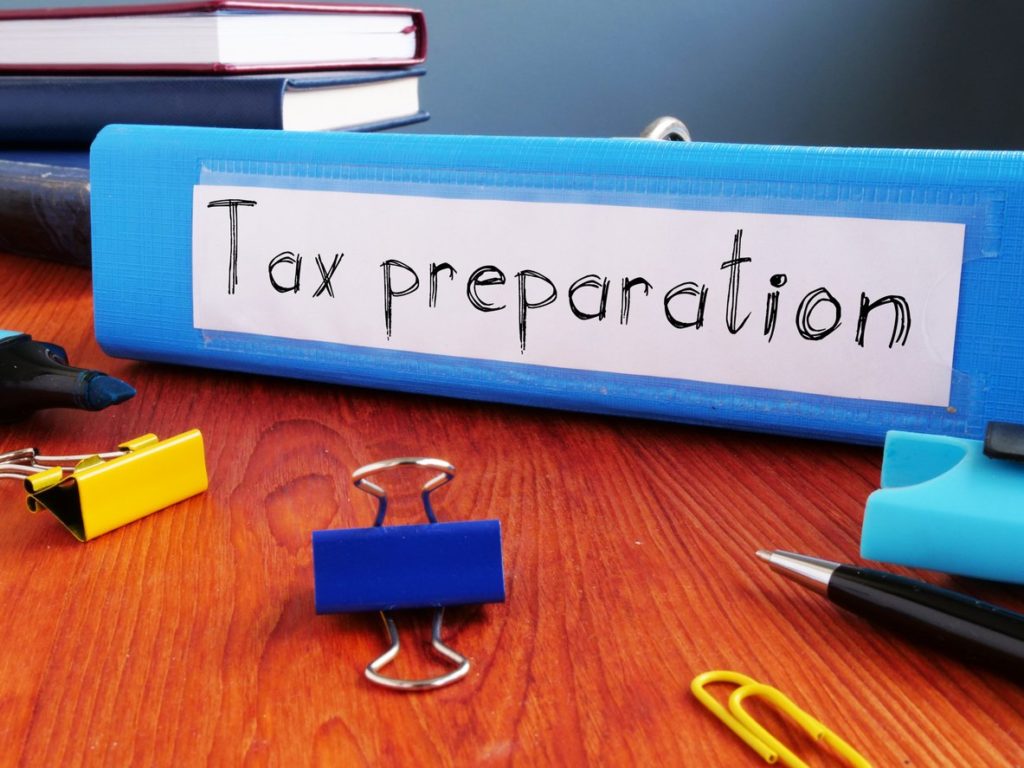
It’s getting to the end of the year and for small business owners that means tying up all the accounting and bookkeeping loose ends to get in shape for the start of the new year. If you’ve kept on top of those accounting tasks throughout the year, it shouldn’t be much of a burden but if you haven’t, here are some tips to get you started.
What does it mean to “close the books†and why does it matter? “Closing the books†means that all your financial transactions for the fiscal year are accounted for, wrapped up, and ready for reporting, and that prior years’ transactions won’t carry over to the new year. You will also be able to generate reports showing your profit and loss during the year
This is a good time to review your business profitability and make plans.
1. Pay your bills! Make sure you have paid all your vendors, suppliers, contractors, employees, and any other financial obligations prior to year-end.
2. Collect on your invoices. Before closing out the year make sure you’ve sent out all your invoices and received payment! If you have outstanding invoices, send reminders to receive payment as soon as possible so you can write off expenses or claim for costs of goods sold.
3. Reconcile your bank and credit card statements to accurately match your income and expenses.
4. Make sure you’ve sent and collected W-4 and W-9 forms for all your employees and contractors so you can issue W-2 and W-9 forms correctly. You may want to send an email to employees and contractors reminding them to update their information if they’ve moved during the year.
5. If you have employees, ensure that your monthly and year-end payroll expenses match before closing the books.
6. Check your physical inventory at the beginning and end of each year. Those numbers are required on tax forms.
7. Record your business expenses accurately so you can make tax deductions for those that are allowable. Note that business and personal expenses must be kept separately.
8. Finally, run your financial statements as these will give you a good overview of how your business is doing and will allow you to correct any errors before filing your taxes.
If you need assistance with business tax information, attend one of West Center’s workshops on the topic or call us for advice: 707.964.7571 or www.westcenter.org.

